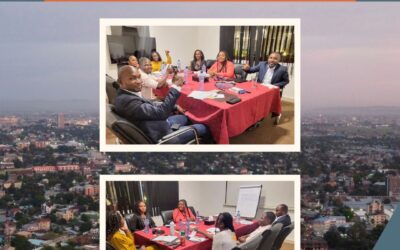You might feel disconnected from events at remote mining sites in the Democratic Republic of the Congo (DRC). But American consumers are linked to the armed violence and slavery that grip eastern portions of the country.
Many everyday products in our homes, offices and schools contain minerals mined by Congolese slaves, many of them children. Profits from the sale of DRC minerals often fuels the fighting.
That’s why Free the Slaves is co-sponsoring a Congo Town Hall meeting with U.S. Congresswoman Karen Bass on May 14th at the Museum of Tolerance in Los Angeles. The event is hosted by Jewish World Watch and will focus on challenges and opportunities for stabilizing the DRC, as well as fostering economic growth throughout Africa.
Speaking along with Rep. Bass will be:
- Naama Haviv, Jewish World Watch
- Pastor Kasereka Kasomo, African Christian Community Church
- Sasha Lezhnev, Enough Project
If you are from the Los Angeles area or are visiting on May 14th, please join us at 7 p.m. The event is free but you should get tickets in advance here.
Learn more about Free the Slaves research on slavery in the DRC on our Congo webpage.

